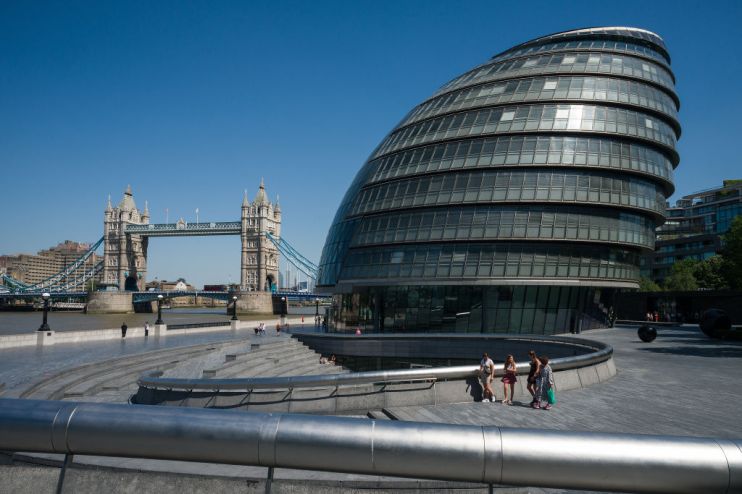Mayor of London election: Where do the major candidates stand on the Covid recovery?

With the 6 May mayor of London election just one day away, City A.M. is producing a four-piece series on where the four leading candidates stand on different issues. Today, we look at Covid recovery policies from the candidates from Labour, the Conservatives, the Green Party and the Liberal Democrats.
Sadiq Khan

The incumbent mayor launched his campaign promising to focus on “jobs, jobs, jobs” post-Covid if re-elected, with a new a £32m “Good Work Fund” one of his key pledges.
The fund will be used to create new jobs and skills centres for young Londoners, which Khan says will focus on “futureproof sectors including low carbon, health and social care, creative and digital”.
The fund is a part of a £544m package to help the capital bounce back from the economic effects of Covid-19.
He has also pledged to create a “recovery plan” for London post-Covid to help bolster a £6m campaign that will aim to get people back into central London as Covid-19 restrictions are eased further.
Khan’s manifesto also said he would create more business support for London business owners, which will include “a range of programmes helping start-ups and scale-ups across the key sectors of our economy”.
Shaun Bailey

Bailey has promised to help kickstart London’s economy over the next five years by creating 924,000 jobs through investment in housing, transport infrastructure and “new training opportunities”.
The Tory candidate if elected will create a £9m High Streets fund to help the capital’s struggling bricks and mortar retail sector, along with a £37.2m pledge for free 30-minute parking for his whole term.
Bailey also pledged to create a new City Hall “hospitality czar” to “champion” the sector’s workforce, appoint a deputy mayor for international trade and start a yearly London festival based on the Edinburgh Fringe.
If elected, he will also seek to make use of the changes in working patterns and “prioritise” the building of flexible workspaces across London.
Bailey has also encouraged people to get back into central London in big numbers later this year “when it’s safe to do so” to increase footfall and consumption.
Sian Berry

The Green candidate’s economic and Covid recovery policies are underpinned by a pledge to launch a Universal Basic Income (UBI) trial.
The pilot, which would aim to provide evidence around the effects of the policy to push for it nationally, would see “1,000 Londoners who would be guaranteed a basic income without conditions, along with support and careers advice”.
Berry’s manifesto includes a pledge to create a new City Hall community bank that would be tasked with providing lending services to small businesses along with “individuals and families in crisis”
Berry would adjust the London Living Wage to £14 an hour by 2022 and make a 8:1 maximum pay ratio at City Hall that she would support becoming commonplace in the private sector.
She would also create a “Creative Autonomy Allowance” for people starting new businesses in the creative and arts sectors and launch “Careers for London” – a service to help long-term unemployed people, those that have lost their jobs in the pandemic and older unemployed people.
Luisa Porritt

Porritt has pledged to create a “Reinvent The High Street Taskforce” if elected, which would provide technical support to councils, gather data about commercial property occupancy levels and help “leverage private investment”.
The Liberal Democrat candidate would also launch a City Hall “London Apprenticeships Hub” to offer support to businesses in a bid to “unlock more apprenticeships and create a platform for young Londoners” to find skills training and work.
She has pledged to create a rent relief fund to help small businesses clear debts accrued during the pandemic and to seed fund the creation of more outdoor performing spaces in the capital.
Porritt’s manifesto also has a pledge to lobby for a London-based UBI trial and to accelerate London’s rollout of full fibre broadband.